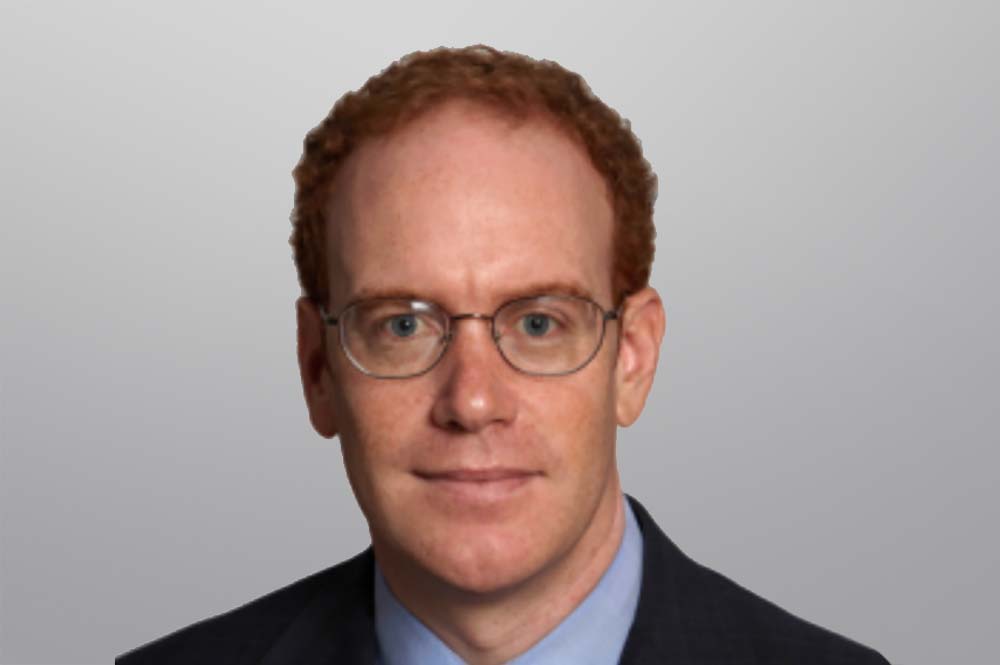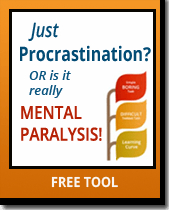
Answers from an ADHD Psychiatrist – Thursday, April 25
We have so many questions about all aspects of ADD / ADHD.
First of all, we have behavior or habits that we can’t explain. Then we discover that LOTS of people have similar behavior / habit patterns, and it’s pretty typical ADD. Once you know there's nothing weird or abnormal about you, it's usually quite a relief!
As an ADHD Coach, I work on helping change habits and explain behavior. But I still get questions about the diagnosis and the medical treatment of Adult ADD / ADHD, and those questions require a doctor to answer.
Questions like:
- How can a doctor know if you’re ADD / ADHD just by asking questions?
- How do the medications actually work?
- What about side effects?
What we really need are answers! And Scott Shapiro, M.D., a New York psychiatrist specializing in Adult ADHD, will join me this Thursday, April 25, to provide them.
Live Event Online: “Dialogue with the Doctor”
Thursday, April 25, 2013 – 9:00 PM ET
Our special live event is called “Dialogue with the Doctor: ADHD Medication Demystified.” I will interview Dr. Shapiro and get his take on diagnosing and treating Adult ADD / ADHD, stemming from his experience as a psychiatrist in one of the “most ADD” of all American cities, New York.
Dr. Shapiro specializes in ADD / ADHD, as well as Depression and Anxiety Disorder. Join “Dialogue with the Doctor” and submit your question for our Q&A, when Dr. Shapiro will take questions from the audience.
This will be a special evening, and participants in the program will include a full transcript afterwards. If you can’t make it live, register and hear the recording. Click here for full registration and details.





Ten
I took the multiple ADHD test online, do I really need to see a doctor and get diagnosed? I am trying to work on my issues like disorganization, perfectionism, restlessness, severe procrastination and others on my own. Is it really essential to be officially diagnosed. I talk to my mother and people that I know and they confirm it. My mother is witness that I had the symptoms as a young girl as well.
Bonnie Mincu
Hi “Ten:” I believe the only reasons one might find it necessary to get an official ADD / ADHD diagnosis are: 1) to get medication in order to help you focus; and 2) if you wanted to ask for accommodations in work or testing situations. Medication will not help you end the HABITS of ADD that you mention; that’s where ADHD Coaching comes in 🙂 Medication should help with a short attention span, allowing you to do work that may not be very interesting to you for a longer period of time. Check out my ADHD Diagnosis and Treatment Survey results to see people’s experiences with medication.
The “Dialogue with the Doctor” program may answer some questions for you as well.
bonnie dunn
I am 73 years young, and, after defeated experiences during my formative/school years … so many times ” coming up short “, e.g. : being taken by surprise by missing a crucial instruction … being wrong … feeling inferior … I have developed the feeling that others have better judgement about things than I have. Therefor, I have let others make decisions that my gut feeling says no to, and in the end, many times, what I thought was right … WAS right. So, the design I wanted for my life has been squelched, over and over again. If you were to look at me and my life, you would think that I am a completely self – actualized person … through 30 years of innkeeping in both Vermont and Maine, and I have been the decorator of our establishments. But, on the inside, that small child feels sad and disappointed in herself.
Thank you for listening.
Bonnie
Bonnie Mincu
Bonnie, it’s sad to hear how you have come to doubt your own good judgement. While you may have missed information — a common ADD problem — that does not mean your judgement or opinions were wrong. In fact, your gut instincts may well be better than most people’s! We need to be careful not to take our shortcomings in one area (for example, paying attention) and expand the weakness to extend to our entire being (being “wrong” about everything). That’s one of the insidious and dangerous aspects of shame, that it would allow you to do that. FIGHT BACK against a tendency of chronic self-doubt!
ana
Vyvanse works well for me but, over time, I’ve found it increasingly difficult to get to sleep at a reasonable time – even though I take the Vyvanse as early in the day as possible. I’ve also tried using melatonin (one 1-3 mg. tablet); an herbal supplement designed to reduce cortisol; and chamomile tea in the evening – but these don’t help as much as previously.
If I skip the Vyvanse, I can get to sleep earlier but I’m not as productive during the day. I’ve tried short acting amphetamines at a low dose – 5 to 10 mg but I’m still not sleepy ’til early morning. I am tired in the morning and afternoon and wouldn’t expect non-stimulants to be as helpful in supporting motivation and focus in the more difficult daytime hours. (I’m also hypothyroid and have never been able to handle sedatives…
Any suggestions?
Bonnie Mincu
Good question! I’ll pass it to the doctor. I suspect that individual drug sensitivities would need to be addressed on an individual basis.
Aim
Please ask the psychiatrist also about “Perfectionism.” And, what he thinks the best treatment is including non-meds? And are there medications that will treat and diminish or clear perfectionism? What can psychiatry do and not do for patients?
Does cognitive therapy and/or coaching effectively treat it with or without meds?
Also, what is the cause so the Perfectionism, is it fear or anxiety based?
Can perfectionism and other ADHD behaviors be cured or significantly decreased? Or will it always be a continuous lifelong managing and struggle with these behaviors?
Bonnie Mincu
I’ve coached many, many perfectionists! Perfectionism isn’t a disorder (unless it crosses over to the extreme and becomes obsessional), so it isn’t something that can be cured. From a coaching perspective, I see it more as a habitual way of thinking that can be managed and deliberately changed. In ADD Adults, it does seem to be tied to a fear or anxiety of “screwing up.” In some people it may have come from a history of mistakes or disappointments, so someone could develop an over-compensation to try to be perfect. It’s an important point that I’ll ask Dr. Shapiro to address in tonight’s program!
Best Psychiatrists in New York City
Thanks for providing the answers, it was nice reading this blog.